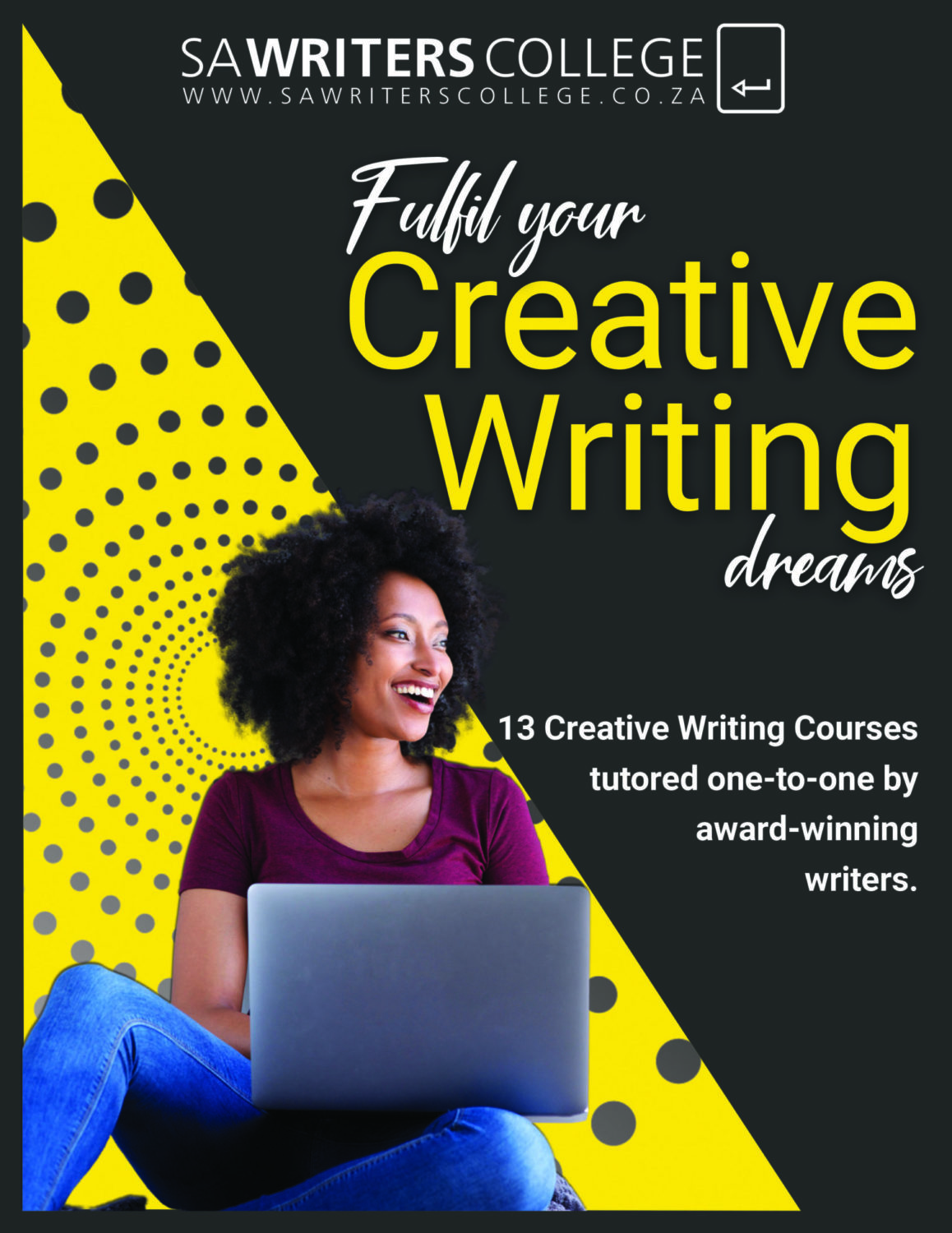These writing tips from writer VESELINA YANEVA will help you enhance your readers’ experience by putting the right words in the right places.
The position of words in a sentence is important. To emphasise the right words and phrases, writers should give them specific locations.
The following writing techniques will help you give your main ideas more clout by placing power words and phrases in power positions.
Move words to the beginning for emphasis
Any part of the sentence, other than the subject, becomes stronger when placed first. Thus, you can pique readers’ interest through a shift in the regular subject-verb-object order.
Compare the following two sentences:
- She had never read such an inspiring novel.
- Never had she read such an inspiring novel.
Can you feel the difference between the two statements?
Although they both convey the same message, the second sentence highlights the word ‘never’ in the opening. This type of inversion also requires bringing the auxiliary verb ‘had’ before the subject ‘she’.
Also known as anastrophe, this change in the usual syntactical word order is used to emphasise certain words.
The character Yoda’s lines in Star Wars also exemplify the use of stylistic inversions:
‘Powerful you have become. The dark side I sense in you.’

Follow the 2-3-1 rule for word placement
Although the start of the sentence is a prominent position, it is overshadowed by the end. Have you noticed how people always want to get the last word in an argument? The last idea often tends to hang with the audience.
This tendency is the starting point of the 2-3-1 rule in writing:
Lead with the second most important phrase, place the least important piece of information in the middle, and end with the most important phrase.
The famous American writer Larry McMurtry has used this rule in the following sentence from Some Can Whistle: A Novel:
‘If you wait, all that happens is that you get older.’
As McMurtry’s memorable quote shows, the 2-3-1 structure can intrigue and evoke an emotional response.
Postpone the most powerful words to the end of a sentence
In his classic guidebook 50 Writing Tools, the influential writing teacher, Peter Roy Clark, suggests that the period acts as a stop sign, causing a ‘slight pause in reading flow’ that ‘magnifies the final word’.
The sentence below is an example of its own rule because the most emphatic word appears at the end: Save the best for last.
Place the weakest phrases in the middle
In his work ‘Elements of Writing Style’, David Brundage advises, ‘Beware the “Bermuda Triangle’”
The Bermuda Triangle refers to the middle of the sentence, where meanings disappear like aeroplanes over the ocean around Bermuda.
Consequently, writers should use the middle to place less critical information.
As Peter Roy Clark has pointed out, William Shakespeare used this powerful strategy in the tragedy Macbeth:
‘The Queen, my lord, is dead.’
Instead of writing, ‘The Queen is dead, my lord,’ or ‘My lord, the queen is dead,’ Shakespeare placed the most powerful words in the most powerful places.
Similarly, the following newspaper lead written upon the death of Michael Jackson revealed:
‘Michael Jackson, the king of pop, is dead.’
The example above demonstrates how the tool for ordering words for emphasis used during the English Renaissance is still applicable in 21st-century journalism.
Apply the Bermuda Triangle principle to quotations
The Bermuda Triangle principle also applies to quotations. Clark instructs: ‘Begin with a good quote. Hide attributions in the middle. End with a good quote.’
The following line from the novel Anne of Green Gables by Lucy Maud Montgomery is an example of this rule:
‘Dear old world,’ she murmured, ‘you are very lovely, and I am glad to be alive in you.’
Applying these strategies for emphatic word order can help you strengthen your sentences without changing a single word.
Read more about the importance of words:
6 Effective Ways to Improve Word Choice in Your Writing
About the Author

Veselina Yaneva is a freelance journalist with a Master’s degree in English literature from Canterbury Christ Church University, UK. Her interest in writing inspired her to embark on the Freelance Journalism for Magazines and Webzines Course at the UK Writers College. After completing this course with distinction, she’s been relishing the opportunity to immerse herself in the inspiring world of website publication as a journalism intern at the Writers College Times. Veselina’s education, voracious appetite for travel and genuine love for reading, bring a range of perspectives and ideas to her work.
You can connect with Veselina via: www.linkedin.com/in/veselina-yaneva-83213b210













